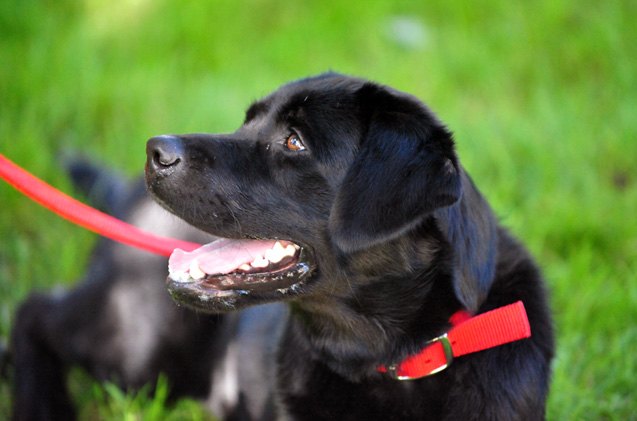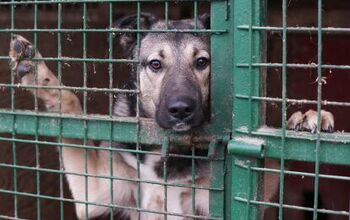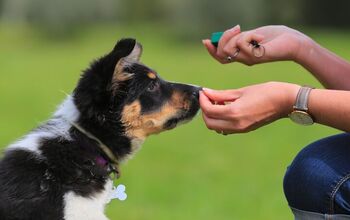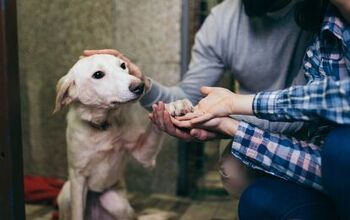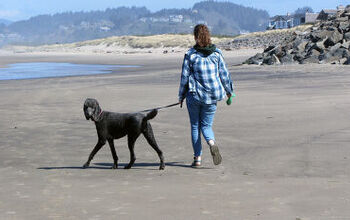New Bill In California to Protect Dogs in Police Altercations

California State Assemblymember Adrin Nazarian has authored and introduced a new bill to his state legislature–AB 1199, also known as the “Police-Canine Encounters Protection Act.” This bill will give law enforcement officers more training in the dealing of situations where dogs are involved (often innocent victims), benefiting both dog owners and law enforcement.
Related: Report: Best And Worst US States For Animal Protection Laws
The bill, sponsored by Social Compassion In Legislation, a California-based organization dedicated to peaceful solutions for welfare and protection of animals, will require mandatory in-service training that will include canine encounters. These classes will teach officers how to safely and efficiently respond to unexpected situations that involve dogs. The officers will gain tools and training to protect themselves while protecting the lives of family dogs who are often, sadly, the innocent victims in police situations.
The training will help officers understand body language of dogs, as well as offer considerations and best practices during encounters that involve dogs. Most importantly, officers will learn safe and appropriate uses of non-lethal reactions when it comes to dog encounters. Nazarian says that officers who don’t have this training are often in a lose-lose situation as they are looking to keep themselves safe. Proactive training that gives tools and protocol will help protect officers and keep family dogs safe.
Related: New Texas Law Aims To Stop Police From Shooting Dogs
California is following in the footsteps of states like Texas and Colorado, who have already mandated similar training, and hopes that dog shooting statistics in California will be reduced once they do as well. Various California law enforcement agencies have suggested that at least half of intentional police firings of guns have involved animals, and both officers and dog advocates and family members have been demanding canine encounter training in order to work to reduce avoidable and tragic dog shootings.

More by Lori Ennis



